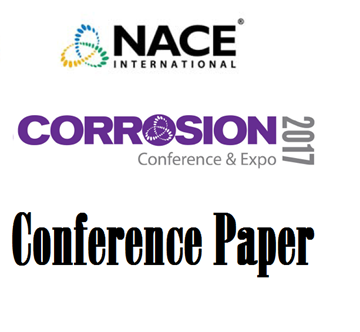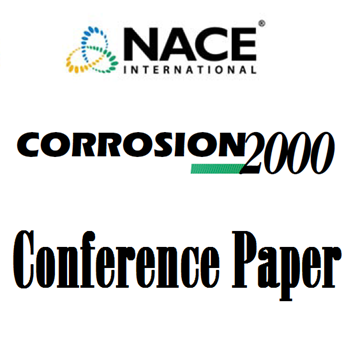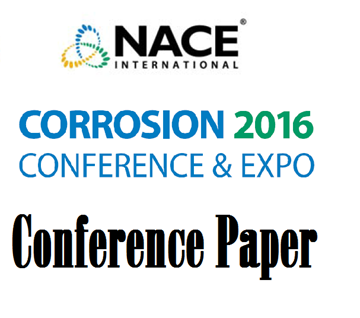Search
Corrosion of Stainless Steels and Titanium in Bromide-Containing Solutions
Also Purchased
51317--9749-Corrosion Resistance of Alloys in Calcium Bromide and Calcium Chloride Solutions
Product Number:
51317--9749-SG
ISBN:
9749 2017 CP
Publication Date:
2017
$20.00
00691 EXPERIENCE WITH TITANIUM HEAT EXCHANGERS IN REFINERY SERVICES
Product Number:
51300-00691-SG
ISBN:
00691 2000 CP
Publication Date:
2000
$20.00
51316-7135-The pitting corrosion of titanium in aggressive environments
Product Number:
51316-7135-SG
ISBN:
7135 2016 CP
Publication Date:
2016
$20.00




